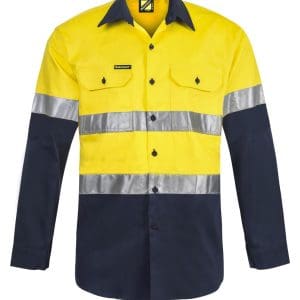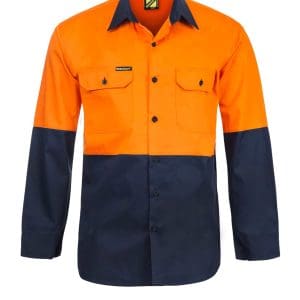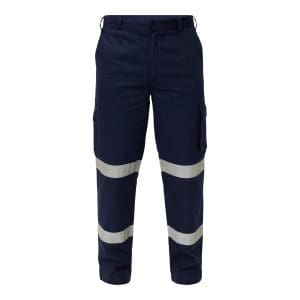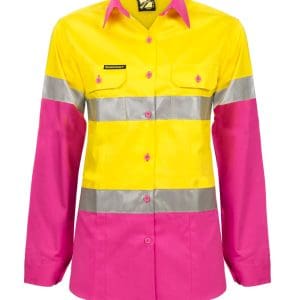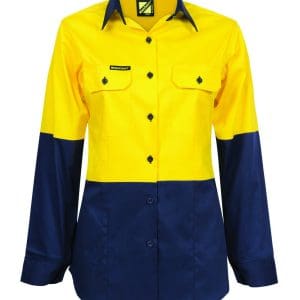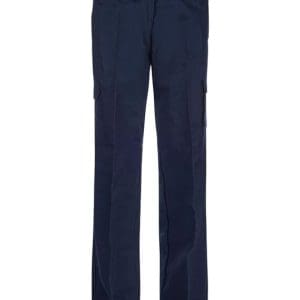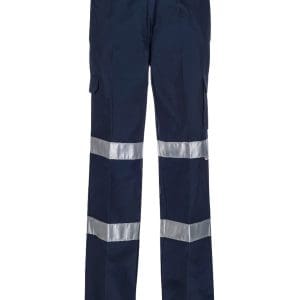Safety
Welcome to our Safety category, where your well-being is our top priority. Explore our range of safety essentials designed to protect and secure. From high-visibility apparel to protective gear, our products are designed to ensure a safer environment for all.
Why Is Safety On A Station So Important?
Showing all 9 results
-



CARGO COTTON DRILL SHORTS
$39.99VIEW MORE This product has multiple variants. The options may be chosen on the product page -
Sale!



Light Weight Hi Vis Cotton Drill Reflective Shirt
$47.99 – $59.99VIEW MORE This product has multiple variants. The options may be chosen on the product page -



Light Weight Hi Vis Vented Cotton Drill Shirt
$49.99VIEW MORE This product has multiple variants. The options may be chosen on the product page -



MID-WEIGHT CARGO COTTON DRILL TROUSER
$42.99VIEW MORE This product has multiple variants. The options may be chosen on the product page -



REFLECTIVE MID-WEIGHT CARGO COTTON DRILL TROUSER
$52.99VIEW MORE This product has multiple variants. The options may be chosen on the product page -



Women’s Light Weight Hi Vis Cotton Drill Reflective Shirt
$59.99VIEW MORE This product has multiple variants. The options may be chosen on the product page -



Women’s Light Weight Hi Vis Vented Cotton Drill Shirt
$49.99VIEW MORE This product has multiple variants. The options may be chosen on the product page -



WOMEN’S MID-WEIGHT CARGO COTTON DRILL TROUSER
$42.99VIEW MORE This product has multiple variants. The options may be chosen on the product page -



WOMEN’S REFLECTIVE MID-WEIGHT CARGO COTTON DRILL TROUSER
$52.99VIEW MORE This product has multiple variants. The options may be chosen on the product page



